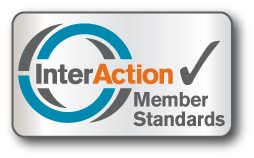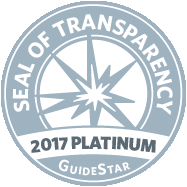For the duration of a transAtlantic flight, a groggy, mentally taxed Lucas Valente da Costa tried unsuccessfully to delay the anxiety of finishing his report. It had been a long yet amazing two weeks spent with WEEMA International in Ethiopia through the Columbia University School of International and Public Affairs (SIPA), during which he saw weeks of prior research come to life.
Lucas was completing his capstone with a focus on “improving household livelihoods with modern beekeeping and honey production in Ethiopia.” Lucas was one of six graduate students on his SIPA team. Each team member visited Ethiopia for two weeks to collect data from WEEMA beekeepers that would be combined with research in their action report.
For months Lucas and his team had invested hours behind a computer screen, researching beekeeping and honey production in Ethiopia. Together they determined that issues with technology, climate and management were largely to blame for honey production remaining well under capacity. In March, Lucas finally stood in the bright Ethiopian sunshine and spoke to the producers in WEEMA programs during interviews and focus groups.
“I couldn’t believe the insanely rich culture, the crazy traffic… I was so excited to try the tej, a honey wine that I had been researching for so long. Everyone was so welcoming- we were invited into homes, offered coffee, peanuts, bananas, anything anyone had. I could feel their commitment to improve their honey production and they were counting on WEEMA's guidance and experience in the sector to do so.”
WEEMA staff members provide individuals and families with training in modern beekeeping techniques and education in beehive modernization to increase honey quality and yield. This economic empowerment project has a huge impact on families’ income and quality of life in Southwestern Ethiopia. The success of the SIPA report weighed heavily on Lucas, as the conclusions and subsequent action plan were going to be implemented by WEEMA staff and would directly impact the livelihoods of the families he has visited.
“Above all what stood out as I was flying home were the people I had spoken to who I now had to write into this report. Once you meet the individuals who work in markets and as producers, you can directly see how your contribution can impact them.”
The project concluded that establishing cooperatives would be an effective means to increase the capacity and quality of honey production in Ethiopia, in addition to a continuation of the support WEEMA was currently providing.
With the pressure of the looming project behind him, Lucas reflected on his time working directly with WEEMA in Ethiopia:
“I would tell others to believe in WEEMA. I have seen how committed the staff are and how they work on the ground directly in communities to improve livelihoods. I could see how in-sync and necessary the projects are and how much the community who benefits from WEEMA projects enjoyed WEEMA being there.”
To read more about the Lucas and the SIPA team’s report, click here.
Please click "donate" below to support a WEEMA beekeeper.





